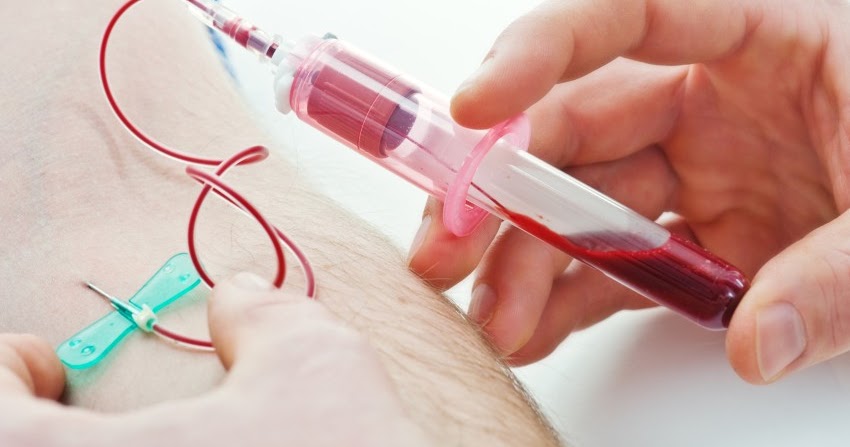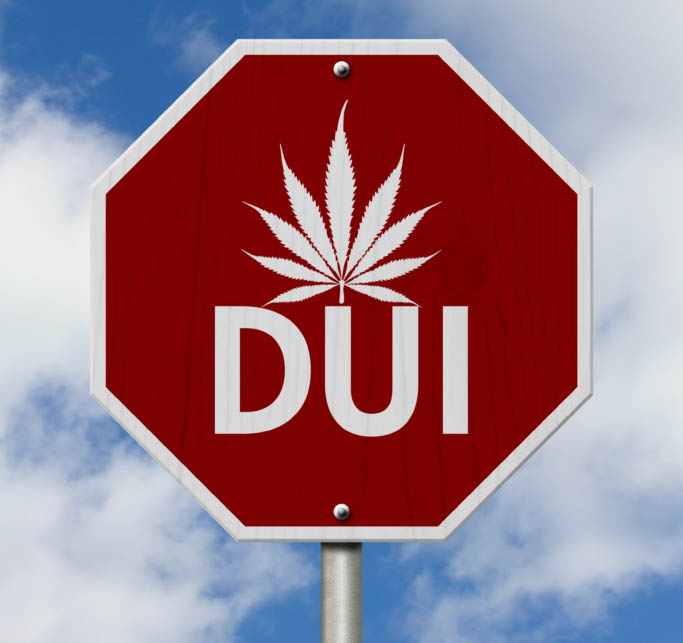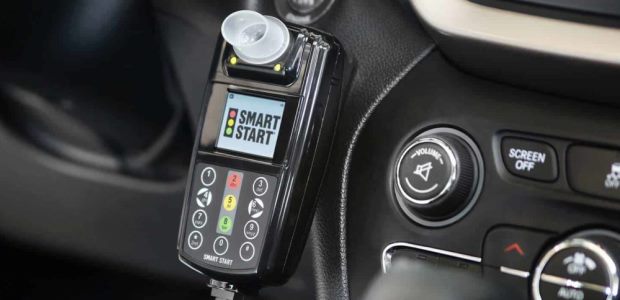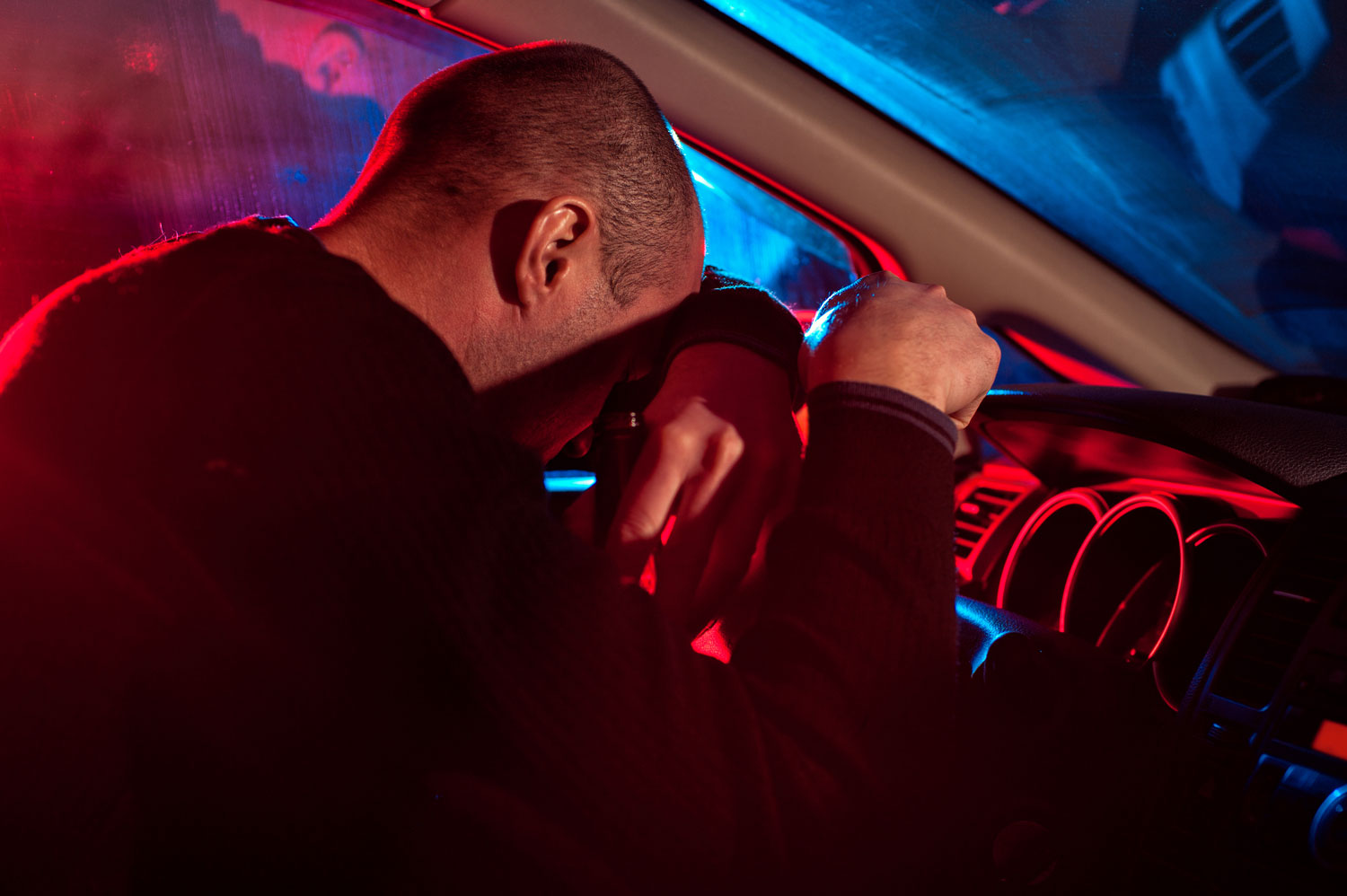
VERY interesting opinion from the WA Court of Appeals raises and dismisses the issue of whether jury nullification has any place in jury deliberations.
In State v. Nicholas, a jury found defendant Scott Nelson guilty of Possession with Intent to Deliver Methamphetamine, Possession of Marijuana and Use of Drug Paraphernalia. Nicholas appealed the verdict and argued that the trial court errored when it allowed the Prosecutor’s jury instruction saying, it was the jury’s “duty to return a verdict of guilty.”
Some background on jury nullification is necessary. Basically, it occurs in a trial when a jury acquits a defendant, even though the jury believes the defendant is guilty of the charges. This happens when members of the jury disagree with the law the defendant has been charged with breaking, or believe that the law should not be applied in that particular case. Nullification is a juror’s knowing and deliberate rejection of the evidence or refusal to apply the law because the result dictated by law is contrary to the juror’s sense of justice, morality, or fairness.
Here, the defendant took issue with the notion that the “To Acquit” instruction from the Prosecutor states that jurors have a duty to acquit if they found the defendant guilty of the charges. This “duty” language, said the defendant, violates his right to have the jury acquit him if they disagreed with the law itself.
However, the Court of Appeals reasoned that the State of Washington’s 1874 case Hartigan v. Territory of Washington disassembles the defendant’s argument: The Hartigan court wrote, “A juryman is just as much bound by the laws of this territory as any other citizen. He acquires no right to disregard that law simply because he has taken an oath as juryman to aid in its administration.”
The court also reasoned, “Judges must declare the law, while jurors must swear to faithfully apply that law.” Their oath to faithfully apply the law is under RCW 4.44.260, which states the following:
When the jury has been selected, an oath or affirmation shall be administered to the jurors, in substance that they and each ofthem, will well, and truly try, the matter in issue between the plaintiff and defendant, anda true verdict give, according to the law and evidence as given them on the trial.
Consequently, the Court reasoned that the use of the word “duty” is consistent with the oath requirement that the jury give a true verdict, and that it does so according to the law and evidence.
Finally, the Court discussed the horrors surrounding the verdicts of defendants accused of killing and maiming individuals because of racial hatred, and that these jurors exercised jury nullification even though the evidence against the defendants was strong. The court describes how the murder trials involving the death of African American Emmett Till and NAACP leader Medgar Evers were horrible examples of jury nullification gone wrong.
The Court of Appeals concluded with a strong, scathing remark on jury nullification:
A fundamental value of America is the rule of law rather than rule by men. The Washington populace justifiably does not want activist judges who base decisions upon political views or moral judgments. The same should hold true for jurors. Jury nullification destroys the rule of law upon which America is based. As the 1992 Los Angeles riots evidence, nullification engenders anarchy.
My opinion? I see the pros and cons of this decision. On the one hand, I agree with the court that jury nullification can lead to horrible results and miscarriages of justice. On the other hand, although jury nullification is by no means a Constitutional right, it is an inherent feature of the use of jury trial verdicts. Sometimes, the law is simply unjust, misapplied by Prosecutors or simply out-of-touch with today’s reality.
For the most part, jury nullification is sometimes applied by juries yet rarely spoken about in open court. It is certainly not supported by judges. 99.9% of all judges will refuse to formally instruct juries that the may “nullify” and acquit a defendant based on their disagreements with the law itself.
Indeed, judges constantly tell juries they must apply the law, not disagree with it! Judges know that the power to acquit a defendant does not require any instruction from the judge telling the jury that it may do so. In other words, although courts recognize that jury nullification occurs in practice, they will not promote it nor educate jurors about nullification.
Again, interesting opinion.
Please contact my office if you, a friend or family member are charged with a crime. Hiring an effective and competent defense attorney is the first and best step toward justice.















